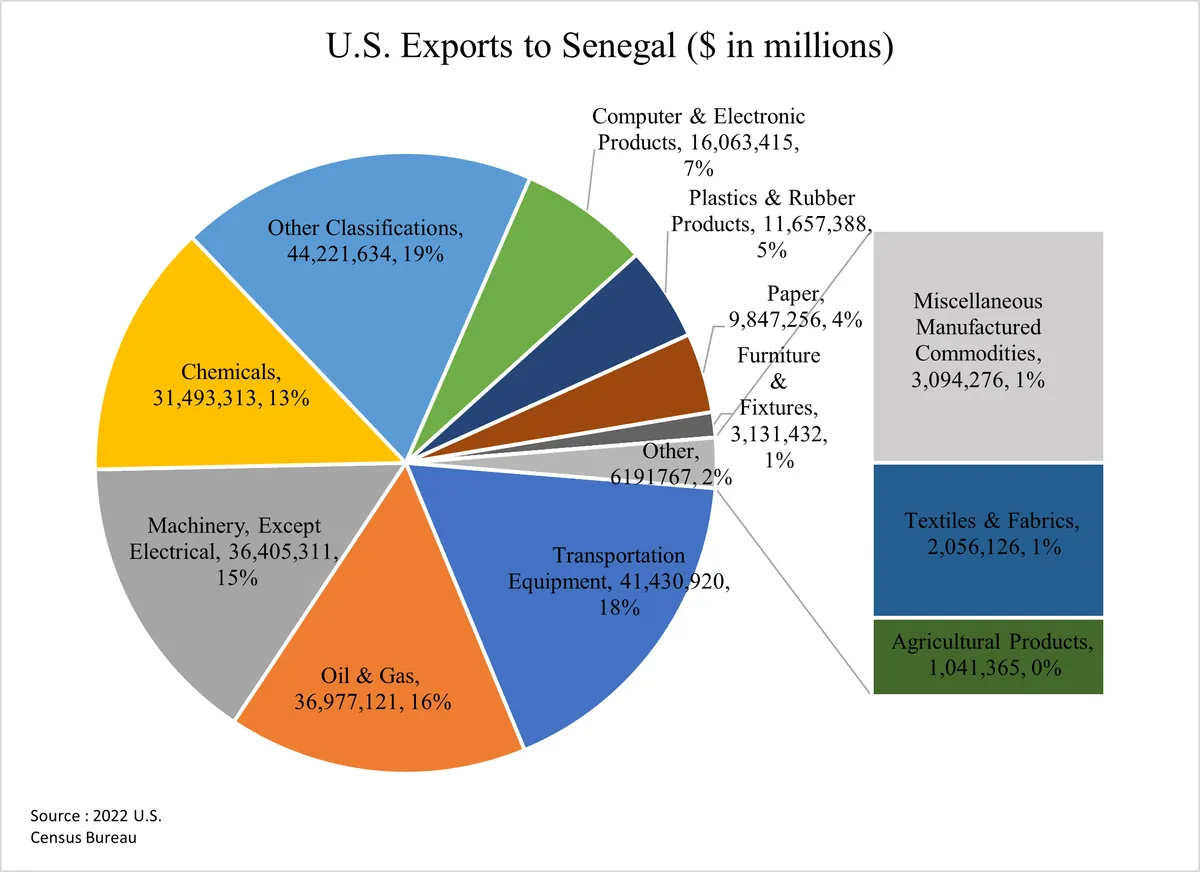Senegal's Bonds Tumble as Audit Unveils Higher Debt and Deficit
Senegal's dollar bonds fell after a government audit revealed larger debt and deficit figures. The new administration chose not to request an IMF disbursement in July, as discussions continue on the way forward.

In a significant development for Senegal's financial landscape, the country's sovereign dollar bonds experienced a notable decline on September 27, 2024. This downturn came in the wake of a government audit that exposed higher debt and deficit figures than previously reported by the former administration.
The West African nation, known for its political stability since gaining independence from France in 1960, has been grappling with economic challenges. Senegal, with a population of approximately 17 million, relies heavily on sectors such as mining, construction, tourism, fisheries, and agriculture to drive its economy.
According to Tradeweb data, the 2033 maturity bond fell 2.3 cents to bid at 84.54 cents on the dollar, while the 2048 issue dropped by 2.42 cents. These figures were recorded at 0720 GMT, reflecting the immediate market reaction to the audit findings.
The audit, commissioned by the new government led by President Bassirou Diomaye Faye, revealed that the deficit at the end of 2023 stood at over 10%, a stark contrast to the approximately 5% reported by the previous administration. This discrepancy has raised concerns about the accuracy of financial reporting and the true state of Senegal's economy.

In light of these revelations, Senegal's government made a crucial decision regarding its relationship with the International Monetary Fund (IMF). The country opted not to request a disbursement in July 2024 under its $1.8 billion, three-year lending program. This choice was made to avoid potential conflicts with IMF rules, as explained by Abdourahmane Sarr, the minister for the economy.
The IMF, headquartered in Washington, has acknowledged receiving initial findings of the audit report from the Senegalese government. The international financial institution expressed its support for the audit process and stated that it is collaborating with Senegal's authorities to determine the appropriate next steps.
Senegal, a member of the Economic Community of West African States (ECOWAS), has been working to strengthen its economic position. The country, which uses the West African CFA franc as its currency, has been focusing on diversifying its economy and attracting foreign investment.
Despite these challenges, Senegal continues to be a hub for West African art and culture, boasting seven UNESCO World Heritage Sites. The nation has also been making strides in technology, with a growing startup ecosystem emerging in its capital, Dakar – the westernmost city on the African mainland.
As discussions between the Senegalese government and the IMF continue, the international community watches closely. The outcome of these talks could have significant implications for Senegal's economic future and its role in the region's financial landscape.
"We welcome the audit and are working with the government to determine appropriate next steps."
This situation underscores the importance of transparent financial reporting and the potential impact of economic data on international financial markets. As Senegal navigates these challenges, its commitment to democratic principles and economic development remains crucial for its future prosperity.


































